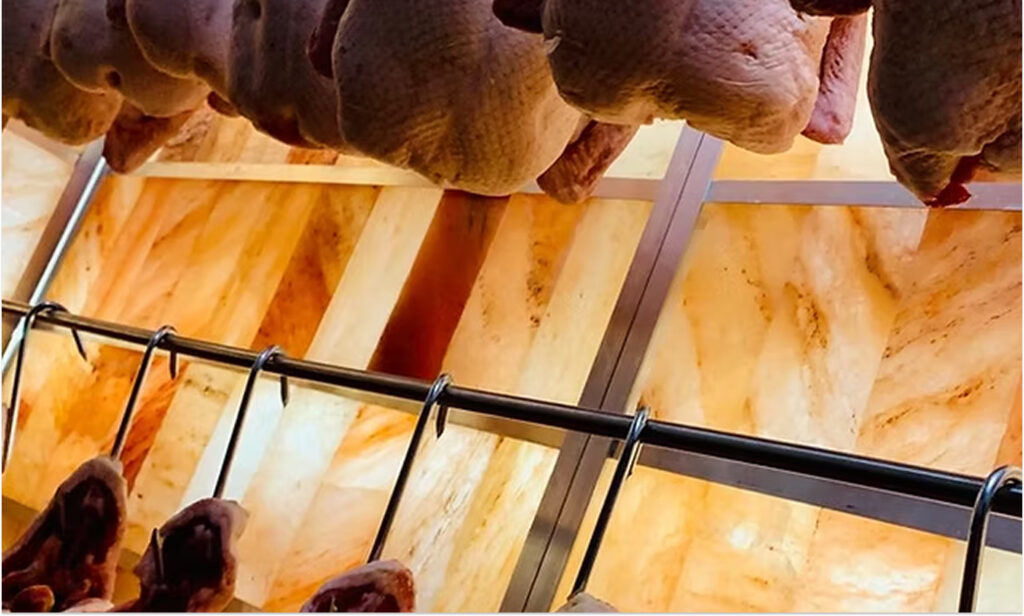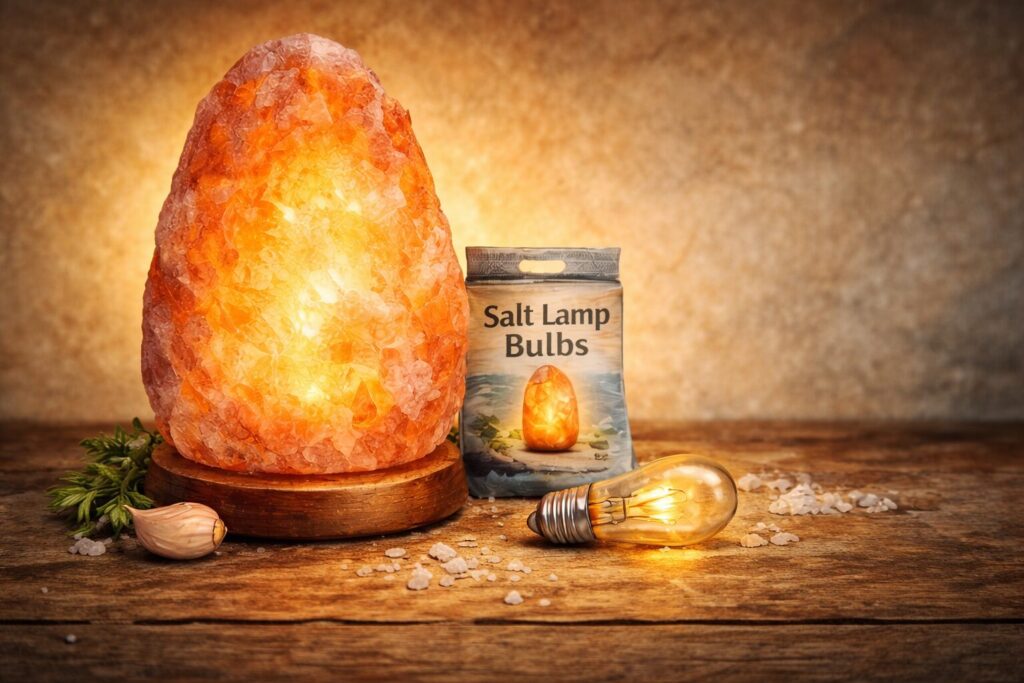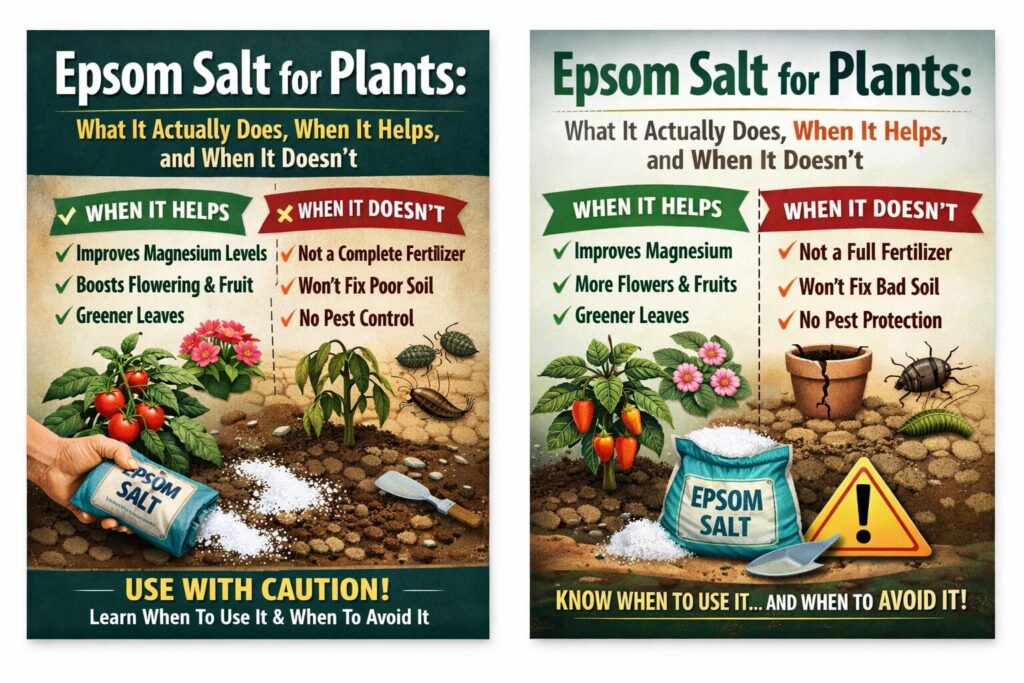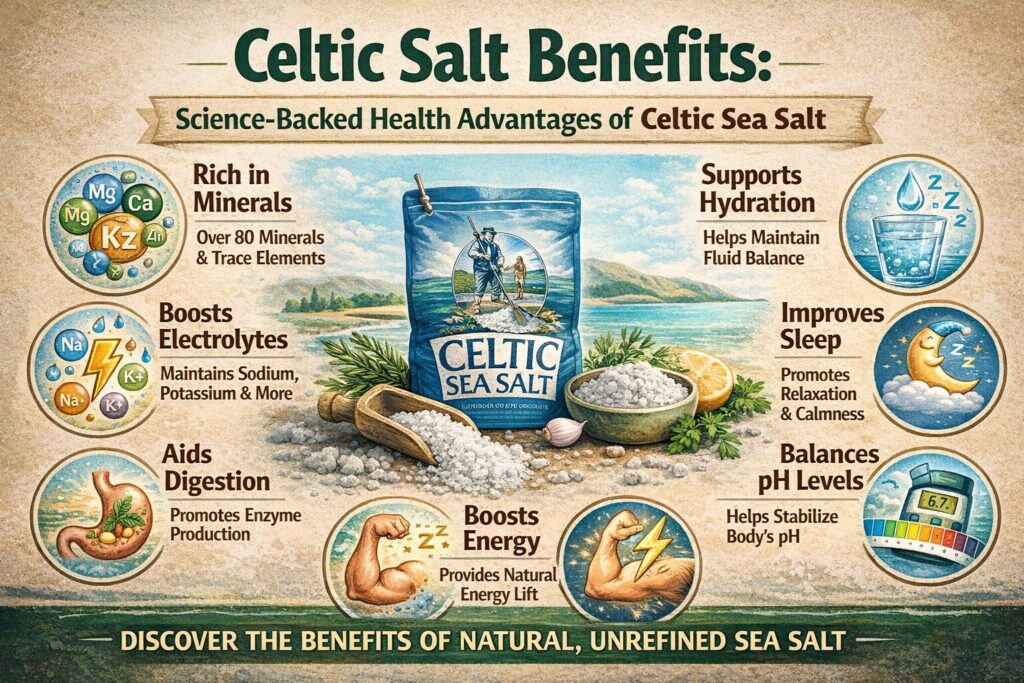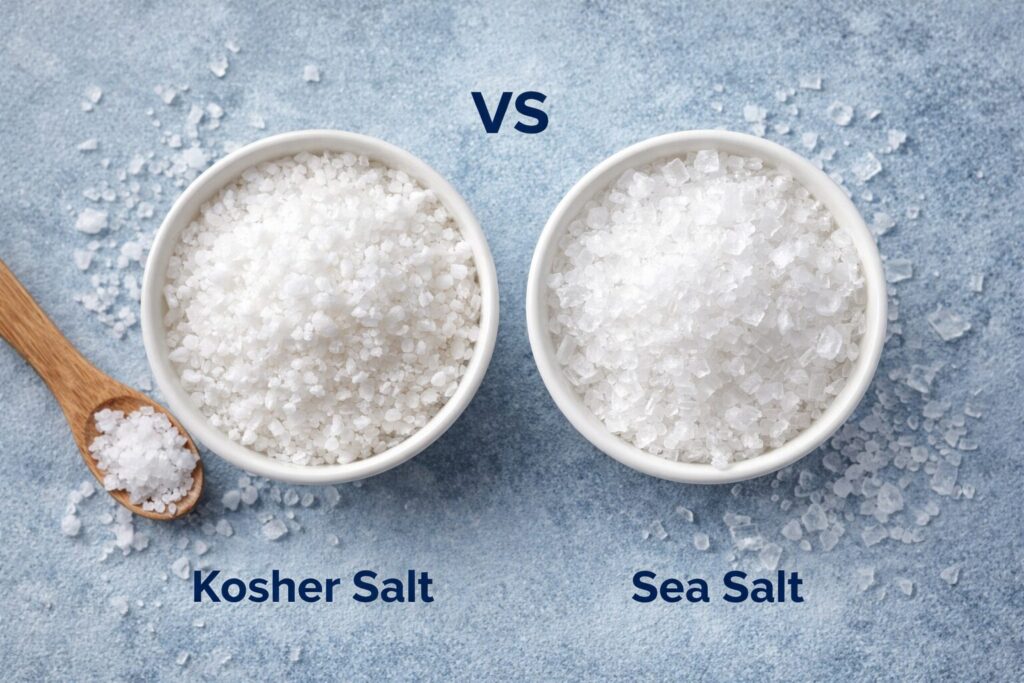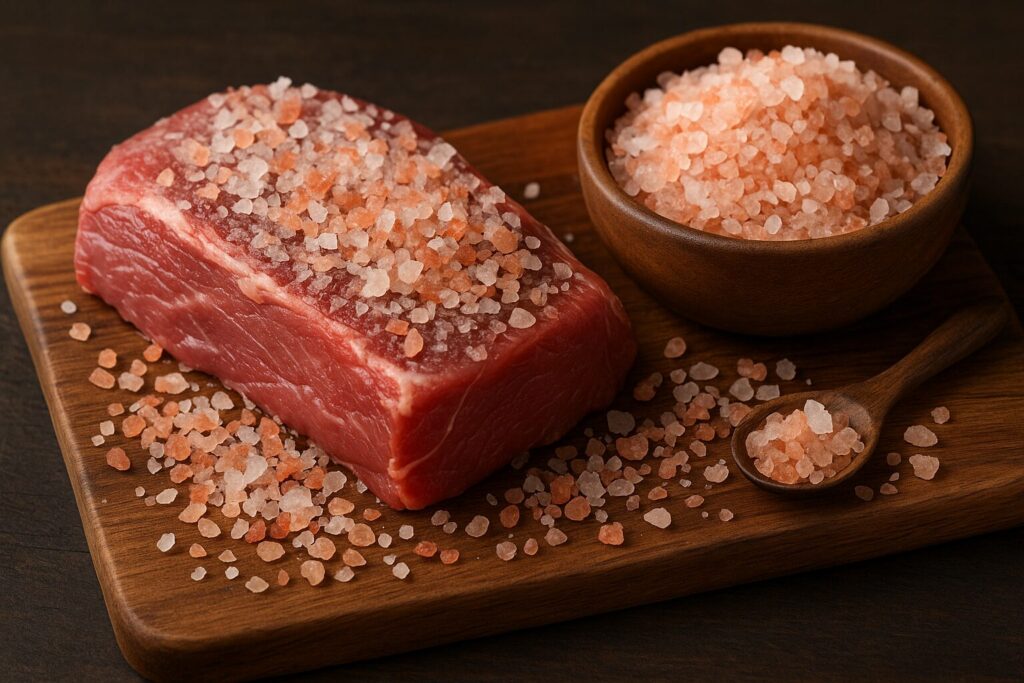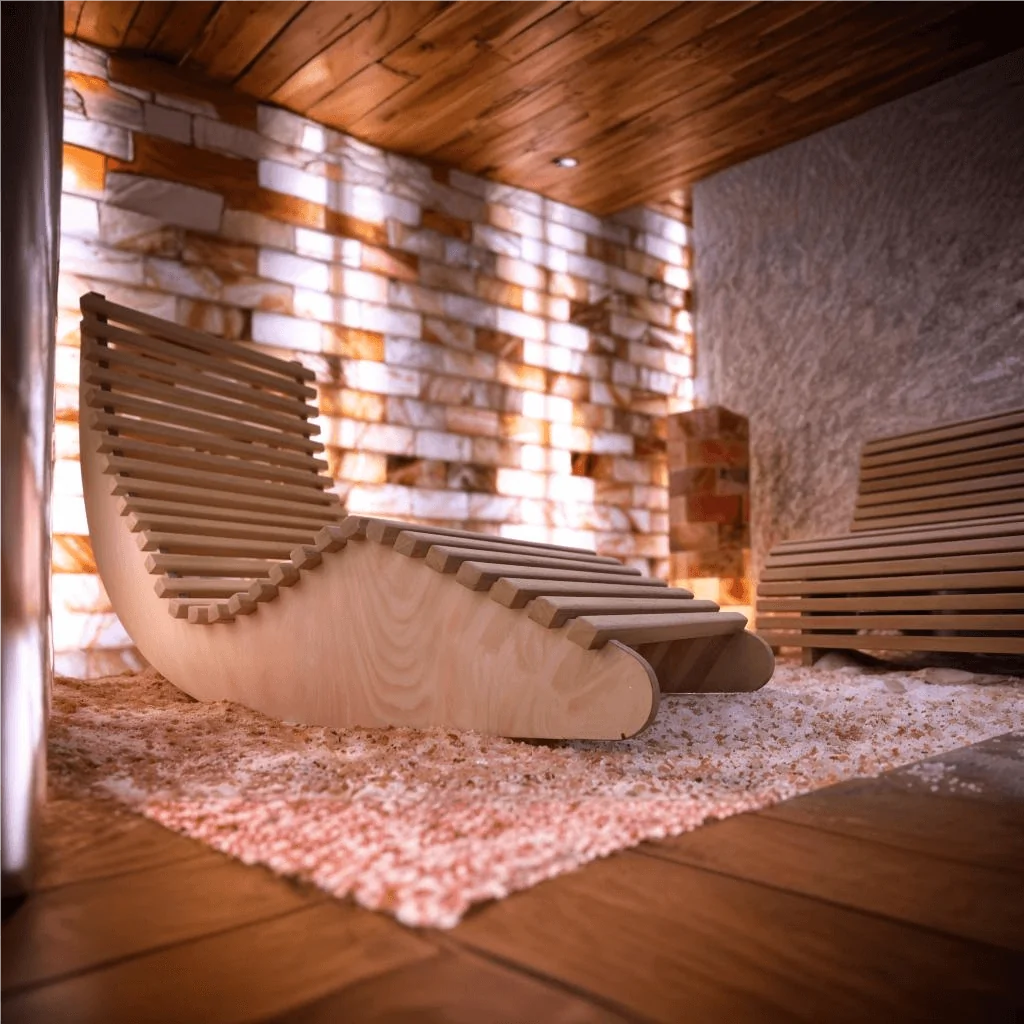Salt tiles for aging have transformed how artisans approach traditional preservation. These natural blocks help maintain ideal humidity and inhibit mold during the aging process. Whether you are a home cheesemaker or running a full scale facility, incorporating Himalayan salt tiles is a game changer for both flavor and longevity.
Why Cheesemakers Choose Salt Tiles
Salt tiles for aging are a trusted tool among artisan and professional cheesemakers. They create a stable environment by regulating moisture and preventing unwanted bacterial growth. Unlike artificial humidifiers or chemicals, these natural tiles offer a clean, mineral-rich surface that supports the development of flavor and texture in aged cheese.
Cheesemakers value their ability to form consistent rinds, reduce spoilage, and enhance taste all without additives. Whether used in small cheese caves or commercial aging rooms, salt tiles for aging help maintain the balance needed for long term storage and quality production.
Salt Tiles for Meat Curing Rooms
Salt tiles for aging are just as effective in meat curing rooms as they are for cheese. These natural tiles help control humidity and purify the air, creating ideal conditions for aging meats like prosciutto, salami, and dry aged beef.
By absorbing excess moisture and releasing trace minerals, the tiles prevent harmful bacteria and encourage slow, even curing. Many butchers and charcuterie experts rely on salt tiles for aging to enhance meat texture and flavor while maintaining food safety. Their ability to stabilize the environment makes them a smart, natural solution for curing rooms of any size.
Bulk and Wholesale Buying Tips
Salt tiles for aging are best purchased in bulk if you’re outfitting a curing room or cheese cave. Buying wholesale allows you to access better pricing, custom sizing, and consistent quality especially important for food production environments.
Look for suppliers that offer food grade certification and direct sourcing from Himalayan salt mines. Trusted exporters like Unique Mineral provide bulk orders of salt tiles for aging, tailored to the needs of cheesemakers, meat processors, and retailers.
When buying in large quantities, you can also request private labeling or branded packaging if you plan to resell. Wholesale buying not only saves cost but ensures your aging room stays stocked with reliable materials year round.
How Natural Salt Affects Aging
Salt tiles for aging play a vital role in enhancing the overall quality of cheese and meat during the maturation process. These natural tiles slowly release trace minerals into the air, subtly influencing the flavor and aroma of the products around them.
In cheese aging, they promote rind development, prevent excessive moisture buildup, and create a clean, microbe resistant environment. In meat curing, salt tiles for aging help eliminate unwanted bacteria while encouraging the slow, controlled dehydration needed for ideal texture.
Natural salt doesn’t just preserve it enriches. That’s why artisans prefer these tiles to synthetic alternatives when aiming for authentic, handcrafted results.
Installation and Care Tips
Salt tiles for aging are easy to install and require minimal maintenance. Whether you’re lining a wall, building shelving, or placing tiles on a flat surface, their versatility makes them suitable for both cheese and meat aging rooms.
Start by choosing a well-ventilated space with stable humidity and temperature. Mount the tiles securely using food safe supports or stack them on racks with slight gaps to allow airflow. Proper air circulation ensures that the salt tiles for aging can effectively regulate moisture and purify the surrounding air.
To maintain your tiles, simply wipe them down with a damp cloth when needed. Avoid using chemicals or high pressure sprays, as these can degrade the natural salt. With simple care, your tiles will last for years and continue to enhance your aging environment.
Who Should Buy These Salt Tiles
Salt tiles for aging are ideal for anyone serious about traditional food preservation. Whether you’re an artisan cheesemaker, a professional butcher, or a culinary entrepreneur, these natural salt tiles offer both function and value.
Cheese producers use them to improve rind development and extend shelf life. Meat processors rely on salt tiles for aging to support natural curing in a clean, controlled space. Even restaurants and culinary schools now incorporate these tiles to teach aging techniques and showcase authentic methods.
They’re also great for boutique food brands, gourmet shops, and anyone offering handcrafted cheeses or dry aged meats. If quality, hygiene, and flavor matter to your aging process, these salt tiles are a smart investment.
Where to Buy Quality Salt Tiles
To get premium grade tiles, choose suppliers who cut and finish the blocks at the source. Unique Mineral offers wholesale Himalayan tiles for meat aging and cheese storage in various cuts and finishes. You can request custom branding and size to fit your room or cellar layout.
Himalayan salt tiles for cheese aging provide more than just visual appeal. They actively influence how food matures, tastes, and stores. If you’re in the food aging business or a culinary enthusiast, now is the time to explore this mineral marvel.
How Salt Tiles Influence Air Quality in Aging Rooms
One of the lesser known benefits of Himalayan salt tiles for cheese aging is how they purify the air. These tiles attract moisture from the environment, which helps capture airborne impurities. This natural process improves the overall hygiene of your aging room, reducing the risk of unwanted mold or spoilage bacteria.
In meat curing rooms, maintaining air quality is crucial for proper fermentation and texture. Salt tiles act like silent guardians balancing the humidity and preventing bad odors caused by bacterial overgrowth. This makes the aging process more predictable and results more consistent, whether you’re aging beef, pork, or gourmet sausage.
Many artisans report that after installing natural salt tiles for aging rooms, they noticed fewer product failures and better surface rind development on cheeses. It also adds a unique terroir like characteristic to your final product, making your offerings more marketable to connoisseurs.
How to Choose the Right Salt Tiles for Your Space
When selecting Himalayan salt tiles for cheese aging, quality and size matter. Thicker tiles last longer and provide better moisture control, while thinner tiles are ideal for small cabinets or shelves. Opt for food grade, natural cut tiles without surface treatments.
If you’re setting up a larger facility, consider purchasing wholesale Himalayan tiles for meat aging in bulk from a trusted source. Unique Mineral provides customizable sizing and reliable delivery for international clients.
Also consider how your tiles will be positioned on walls, floors, or racks. Each layout plays a different role in how well your room retains moisture and circulates air.
By investing wisely, you ensure a stable environment that brings out the best in your cheese and meat aging efforts.
The Growing Demand for Himalayan Salt Tiles in Artisan Markets
Salt tiles for aging are seeing a surge in demand across artisan markets, where quality and authenticity are key selling points. As consumers grow more interested in traditional and chemical free food processes, these natural tiles are becoming essential for producers looking to stand out.
Small scale cheesemakers, craft butchers, and gourmet food brands use salt tiles for aging to enhance both product quality and storytelling. These tiles not only improve aging conditions but also signal craftsmanship and care to customers.
Artisan markets value transparency and origin and using Himalayan salt adds a touch of natural luxury that aligns perfectly with those expectations. This growing demand reflects a broader shift toward sustainable and time honored production methods.
FAQs
They maintain optimal humidity, prevent mold, and improve flavor during aging.
Yes, their natural antimicrobial properties help keep meat safe while aging.
You can buy them from Unique Mineral, a bulk supplier with export quality options.
Wipe with a damp cloth weekly; avoid harsh chemicals or soaking.
Yes, place a few small tiles in the fridge or a curing chamber to regulate humidity and reduce spoilage.


